Always Have a Good Backup
 Hope you have an offsite backup.
Hope you have an offsite backup.
In fact, have two or three or four. Have one offsite and onsite. Have as many as you can.
Take a cue from Mother Nature. Mamma N is aware of how to scale. Your DNA is replicated to every single phone in your body for good reason. They’re backups. You can lose thousands and thousands of cells and it’s no trouble due to the fact there’s usually any other copy.
Be like Mother Nature.
I’ve survived for so long in the tech world due to the fact I’m spiritual about backups. If a backup goes down I spent all night making certain it comes back online. It’s saved me thousands of times.
Your computers don’t matter. It’s what you create with them that counts.
Your laptop computer may want to burst into flames, but it doesn’t depend if you have a excellent backup.
Hardware and software program are replaceable.
Your information is not.
Once it’s gone, it’s gone.
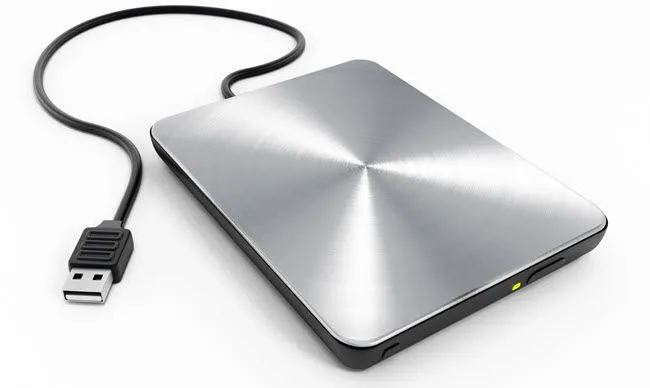
Get your self an external tough pressure or two, like this 1 TB Western Digital.
And pick out up a few USB sticks whilst you’re at it. Here’s a pack of ten 16 GB ones for below $50 bucks. I like these swivel pinnacle ones because you won’t end up dropping the dull cap.
You don’t want a lot of room to shop backups of your wallets, so 16 GB is fine. I like to get more than one stick because I anticipate them to fail — there’s now not a lot of margin in the $5 greenback mem-stick biz. Never returned up to just one exterior disk and think about it done.
You can additionally consider a quality wearable USB pressure for travel. Check out these wristband USB drives for example.
But the most imperative step is an offsite backup. If your residence burns down, having a backup sitting in your sock drawer isn’t a whole lot good. I propose getting a safety deposit field at the bank and throwing a few sticks in there. See, banks are still suitable for something!

Of course, if you’re carrying one of these little sticks around, they have a habit of going missing. They can slip out of your pocket or get taken by Gremlins.
For that reason, you might want to consider an on line backup to the cloud. Backblaze lets you manage your own encryption keys which is essential. Never, ever have confidence anyone else to control your private keys for any reason. For the same reason, even although Backblaze has their personal encryption, I don’t totally have confidence it and neither should you. Only backup documents you’ve already encrypted yourself.
Files you’ve encrypted yourself?
That brings us to rule range three.
You Must Encrypt
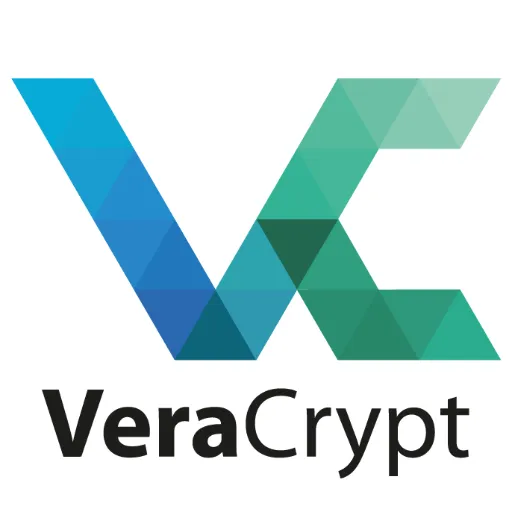
If you’re storing sensitive data, you’d better encrypt it.
Meet my right buddy, Veracrypt. It’s the successor to the wildly popular TrueCrypt, a first-rate piece of software program constructed by means of an anonymous team that determined to call it quits after a decade. Do no longer continue using TrueCrypt as it’s long gone and by no means coming back.
I suggest making various encrypted file containers for wallet backups and passwords. Just watch the video from the ultimate link to see how. Let’s faux we name these files crypto-backup and passes.
These archives act like small virtual harddrives. Just make them a few GB. I advise selecting double or triple encryption, like AES/Twofish/Serpent.
Once they’re created, all you do is mount the digital harddrive with Veracrypt and then you can put something you want in them. Each file contains a whole file system. So you might mount the “passes” file and drop a bunch of textual content documents with passwords in there. But sincerely you can shop something you favor in there, like images, videos, and text files.
Even better, the complete file is easy to take with you! So you simply pick up the “crypto-backup” file like any different file and copy it to a USB stick.
Core wallets, like Bitcoin Core (see Rule #4), encompass the capability to returned up your wallet, normally to a single file called wallet.dat. It consists of your personal keys, password, and wallet information. Dump your wallet.dat backup file to your crypto-backup folder.
Do now not keep your wallets and passes on the identical digital file store, or else an attacker can seize both your password and your wallet! Be sure to use exceptional passwords for each containers.
Mount them solely when you need them and unmount them proper away. Do no longer depart them installed 24x7. Do not mount them at the equal time. That’s lazy and dangerous.
You can even make a portable copy of the VeraCrypt application right on your USB stick. Then you don’t even want to install it on some other computer. It runs proper from the stick! Beautiful.
Now that we have the basics out of the way, let’s pick out a wallet.
Wallets Everywhere
Your first pockets preference should be a core wallet. Every mission has them. This is specifically necessary for cold storage. That’s when you shop your coins offline for a buy and keep strategy. The reason is simple:
If your coins are offline for a few months or a year, it’s surprisingly possibly the file format will stay compatible with the today's version of the core wallet.
Core wallets are no frills and designed to be steady and conservative. That’s a properly thing. It doesn’t assist if you have a fancy, multicoin wallet and then the corporation disappears on you and you discover it doesn’t run on the modern day operating machine when you pull your cash out of cold storage a year later.
I’ve made the mistake of trusting a non-core organization. The older version of Multibit I used in 2013 acquired deserted for a new-fangled version.
I loaded up the ancient model on an OS it was in no way designed or examined on. I simply desired to send my coins to a new core wallet, however to my horror they received caught in limbo because of a computer virus in the unmaintained code. It took me a week to restoration it. Not fun. There’s nothing scarier than seeing your money evaporate into skinny air because of some screw up in the code. So stick to the core for cold storage.
Be sure to set a sturdy password and encrypt your wallet. The link has a video tutorial. It’s a few years outdated however the process is precisely the same.
However, for every day usage, I discover the core wallets slow, clunky and frustrating. It’s quite stressful to begin them up and have to wait twenty minutes for them to sync, all whilst you’re desperately attempting to ship coins to an trade because expenses are dropping like a rock. Not to mention they download the whole blockchain. With simply a few alt-coins I’ve managed to consume up 50GB of area with vain data I don’t clearly need.
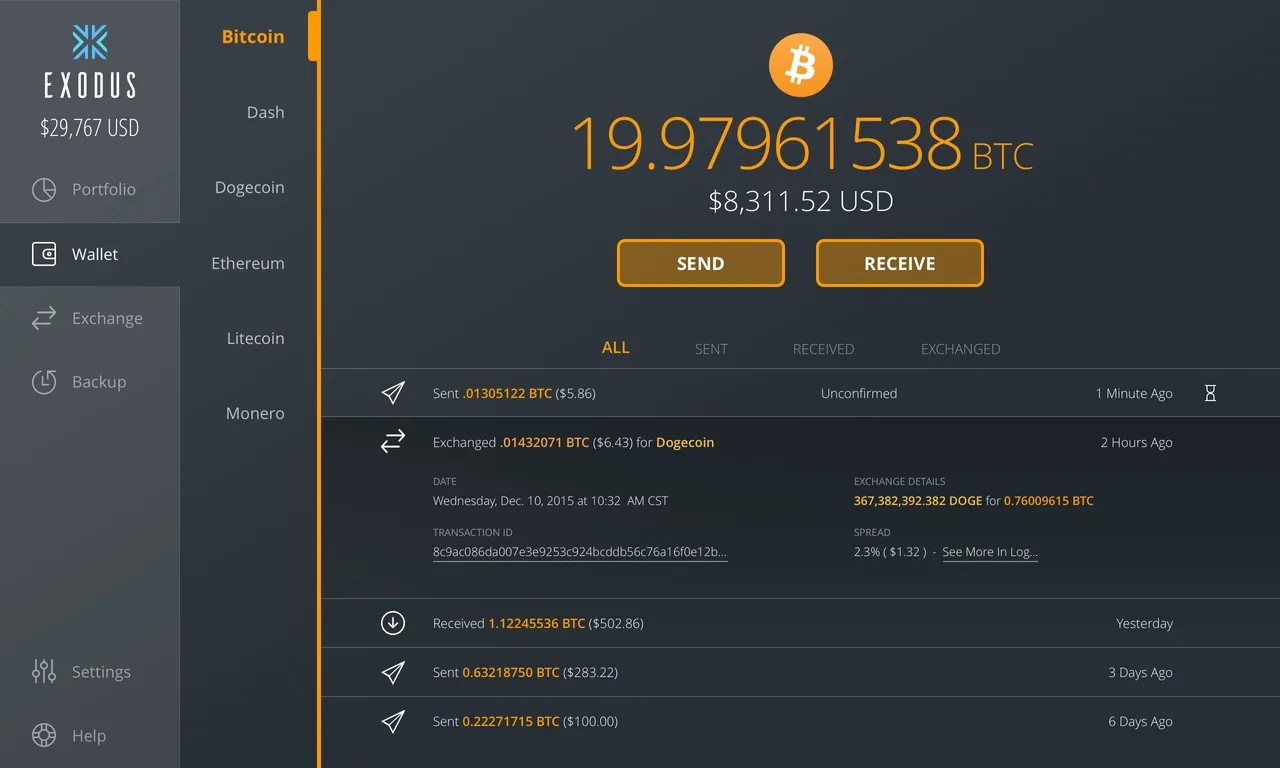
So for quick, everyday usage, I advocate Exodus for its remarkable and intuitive interface. It even has the top notch nameless Shapeshift change constructed proper into it, which lets you change from one coin to another besides having to signal up for anything.
Jaxx is some other super choice. Both are multicoin wallets. Jaxx helps a lot of cash and has plans to guide dozens more. It also has the delivered advantage of having a mobile wallet, whilst Exodus is computer only at this point. That said, Jaxx is a little uglier and less intuitive to use.
Both are based on the Electrum device of decentralized servers that’s been around considering 2011. They’re deterministic wallets, which ability they’re generated from a pre-created seed alternatively of totally random starting factor like other wallets. That has benefits and disadvantages.
The large advantage is that you get a twelve-word passphrase that permits you to recreate your pockets anytime, anywhere. You could literally delete the wallet, go somewhere, then down load the software, plug in the passphrase and have all your money back. That’s incredible.
Both Exodus and Jaxx allow you to set a pin or a passphrase to ship cash or start the program. But the huge draw back is that your password is not related to that twelve-word seed passphrase. If any one has your seed phrase, you are screwed. They can recreate your pockets and the password on your laptop is now worthless, because they have all your money.
Exodus additionally has a security flaw in that it only asks for your password when it starts the program. If you go to send money, it doesn’t on the spot you again. That’s very bad. It means if you go away the software going for walks absolutely everyone can far flung in or waltez up to your unlocked desktop and take your money. Jaxx at least requires you to put in your pin each time.
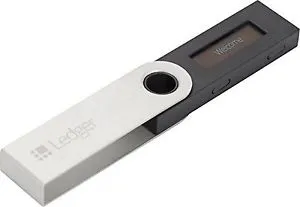
There are also hardware wallets like the Nano Ledger. They’re a little challenging to come with the aid of proper now, as the rocketing upward jostle of cryptocurrencies has ratcheted up demand. I just bought my Nanos in the mail after a month but haven’t had a risk to take a look at them. They game hardware encryption and an LED screen. At this factor I’m not convinced they’re a good deal higher than a devoted USB stick with Veracrypt but I will supply them a whirl and see for myself.
There’s additionally the Trezor wallet, another popular hardware choice. If you’ve had ride with this wallet, experience free to submit in the comments section.
No More Mobile Wallets !!!
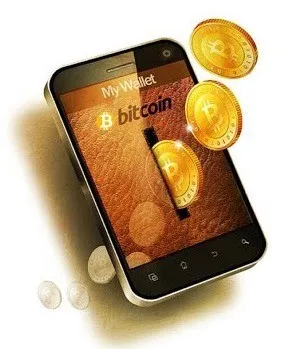
Mobile wallets like Coinomi and Jaxx are great for having a little spending cash with you at all times.
However, beneath no circumstances need to you lift a lot of crypto on a freaking smart phone. Carry solely a very, very, very small amount of cash. I’m speakme the equivalent of $20 to $100. I repeat, do no longer use a cell wallet for principal storage of your fundage. The cause must be obvious.
A pal was once given a bunch of crypto on his cellphone whilst traveling. It was a nerve wracking experience. He used to be walking around with the equal of $5000 on his phone. It went from being a $100 lump of plastic to being a mini-bank. He spent half the day checking his phone used to be still with him.
If you lose your cellphone or your telephone is compromised your dollars are long past forever. Anyone understand when a bunch of naked pix of celebrities showed up online due to the fact of mass hacking of people’s iCloud on line backup? Yeah. Don’t make that mistake with your money.
An OS is an OS is Not an OS
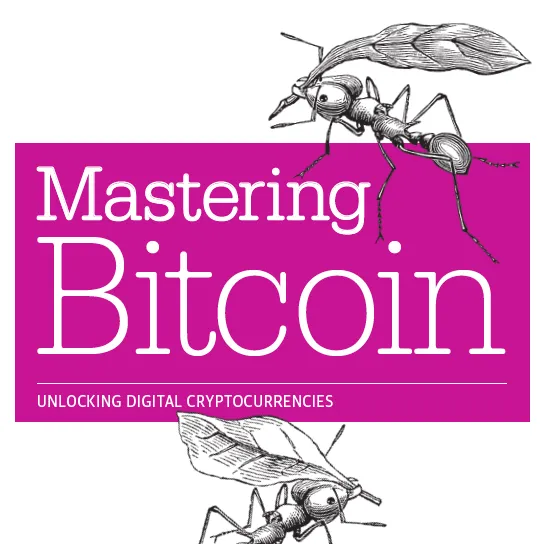
Andreas Antonopoulos, the famed crypto-entrepreneur and writer of the top notch tour-de-force Mastering Bitcoin (now in its 2nd edition) said “nothing teaches anybody about security quicker than having their Bitcoin on a Windows machine.”
In other words, as quickly as anybody hacks your laptop and runs off with $10,000 really worth of Ethereum, you’re going to get real fascinated in security. Don’t let it get to that.
There are some small advantages to the usage of Windows, like higher looking GUIs and a unified set up procedure, however Windows machines are a seething mess of infections, vulnerabilities and half-assed, retro-fitted safety that doesn’t work.
Under no instances ought to you consider retaining your cryptocurrency on your day-to-day computer while merrily searching for porn or the subsequent crappy Flash recreation to install. That is a recipe for disaster.
Strongly think about using a separate bare metal Linux container or a digital computer jogging Linux in VMWare Workstation or Virtual Box. A minimal deploy of Red Hat Enterprise Linux or CentOS or a protection focused-distro is your first-class bet. Lock that field down and do not run as root.
However, if you’re simply going to expect that Linux is most advantageous and call it a day, see rule #1. That’s like walking into Whole Foods thinking that any random field of crap you pick out up off the shelf is healthy. Just because it says organic and crafted by means of unicorns doesn’t make it correct for you. Forty milligrams of “natural” sugar is nevertheless sugar. Even with Linux you nevertheless have work to do.
And if you’re adamant about sticking with Windows, you have a lot more work to do. Run it on a smooth set up VM, with tightened security. Don’t run as an administrative user. Admin customers have way too a good deal electricity on Windows. Regular users can’t installation software. Hell, they can’t even alternate the time. That skill malicious software will have a a lot harder time planting seeds in your machine. Make your self an administrator to install all your software program and then demote yourself to a regular nobody.
So what security software program do you need?
Free Anti-Virus is Not Anti-Virus
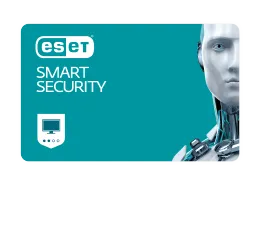
Sorry, but you don’t get to seize some freeware anti-virus and think about your self protected. Anti-virus software requires regular updates and a dedicated group of specialists in the back of it to deliver these updates. Those teams price money. The bad guys by no means sleep. You cannot manage to pay for to pick free here.
You additionally can’t have enough money an anti-virus corporation that video display units and sells your data as a way to make money, which is how many of the free AVs pay for that highly-priced crew of virus-fighters. Even if their software is top at catching bad stuff, the exchange off is Big Brother residing in your machine. That’s a no go.
I choose a layered solution of Eset Internet Security or BitDefender or Kaspersky (if you believe these Russians) and Malware Bytes Premium. (Check out these AV contrast tests).
Malware Bytes has a free version however it’s no longer true ample when it comes to protecting your treasured Bitcoin and Ethereum and Dodgecoin. The free model only scans for infections after your computer is already damaged. By then it’s too late.
The top rate version includes a real-time blacklist of suspect sites. If you try to browse a blocked site, it will intercept the connection so you can’t open the malicious page. That said, on your crypto VM you definitely not be browsing the web. Do that on your each and every day desktop.
That VM is committed to one thing: managing your money. That’s all it need to do.
Eset additionally includes a sandboxed browser for banking that disables all plugins. This is beneficial for connecting to the exchanges if you desire to do some trading.
There are also variations of Eset for Mac and Linux. And yes, both of these systems get viruses and malware too. So get them protected.
Oh and Eset and Malware Bytes make mobile Android variations too. Your license should cover you on both.
Two-Factor Authentication
Finally, if you’re trading on the exchanges, you certainly need to enable two-factor authentication. Usually that capability adding software program to your smartphone, like Google Authenticator or Authy. Each web site is a little distinct to set up, however not much. Follow the guidelines in the help area of the site.
After you log in to one of the principal exchanges like Poloniex or Kraken you’ll be precipitated for a code from your authenticator program. The codes exchange each and every thirty seconds. The thought is that even if any individual manages to seize your password, it won’t work thirty seconds later.
Two-factor also protects your withdrawals. This is critical. When you go to move cash from the trade to your personal wallet, it prompts you for a code again.
Guess what happens if you don’t have two-factor? That’s right: Someone captures your password, pops it in, and waltz away with your cash scot-free.
Without two-factor you’re enjoying with fire. Simple as that. I’ve seen countless examples of humans posting on boards that they were hacked. They blame nefarious secret cabals of employees inside the exchange or some state-of-the-art nation-state uber-hacking team.
Sorry, however no.
They got taken via backyard range hackers.
If you don’t have two-factor authentication enabled, you would possibly as properly tattoo “steal from me” throughout your head. All anyone wishes is your username and password and your funds are their funds now.
Don’t get lazy. Set up two-factor earlier than you put a single purple cent into any exchange.
That brings us to largest question human beings have about exchanges. How lots cash I depart in there?
You’ll find a lot of advice that says you by no means leave your cash in the exchange. Honestly, that’s not very realistic.
If you’re planning to purchase and hold, it makes sense. No reason to preserve them there. Better to manipulate your very own private keys.
But at some point, you’re going to favor to alternate and that potential leaving the money there till your rate point is triggered, if it’s induced at all. You won’t comprehend when that time comes. It may want to be ten minutes or ten days.
Eventually, you’re going to have to have faith the exchange or just choose now not to trade. I propose splitting your cash between more than one exchanges. Get KYCed on 5 or six of them. Then if one of them receives hit, they don’t take you for everything you’ve got.
Everyone who used to be around for the duration of the Mt. Gox debacle knows the pain of getting hacked and dropping your coins. I misplaced some coins, just like all and sundry else. It sucked. No doubt about it.
Still, security has gotten lots stronger seeing that those days. Every one of the main exchanges, from Poloniex to Bittrex, is aware of they have no choice but to hire an navy of safety engineers.
I’m now not saying a essential change won’t get hacked again, but if you desire to trade, you’ll simply have to take delivery of some risk.
No risk, no reward.
If You Don’t Have the Private Keys to Your Money You Don’t Own Your Money
Take your digital money seriously.